On the afternoon of March 15, at the National Assembly House, the National Assembly Standing Committee gave opinions on explaining, accepting, and revising the draft Road Law.
Reporting on some major issues regarding the explanation, acceptance, and revision of the draft Road Law, Chairman of the National Assembly's Defense and Security Committee Le Tan Toi said that regarding general regulations for highways (Article 47 of the draft Law), there are opinions suggesting that highways must have at least 4 lanes and must have emergency lanes.
The Standing Committee of the National Defense and Security Committee finds that the above opinion is correct. However, investment in the construction of expressways also depends on the ability to balance the budget and mobilize resources; on the other hand, this is an issue of technical standards and regulations, which will be studied and regulated in detail by the Ministry of Transport.
Therefore, the Standing Committee of the National Defense and Security Committee proposed not to specify these contents in the draft Law.
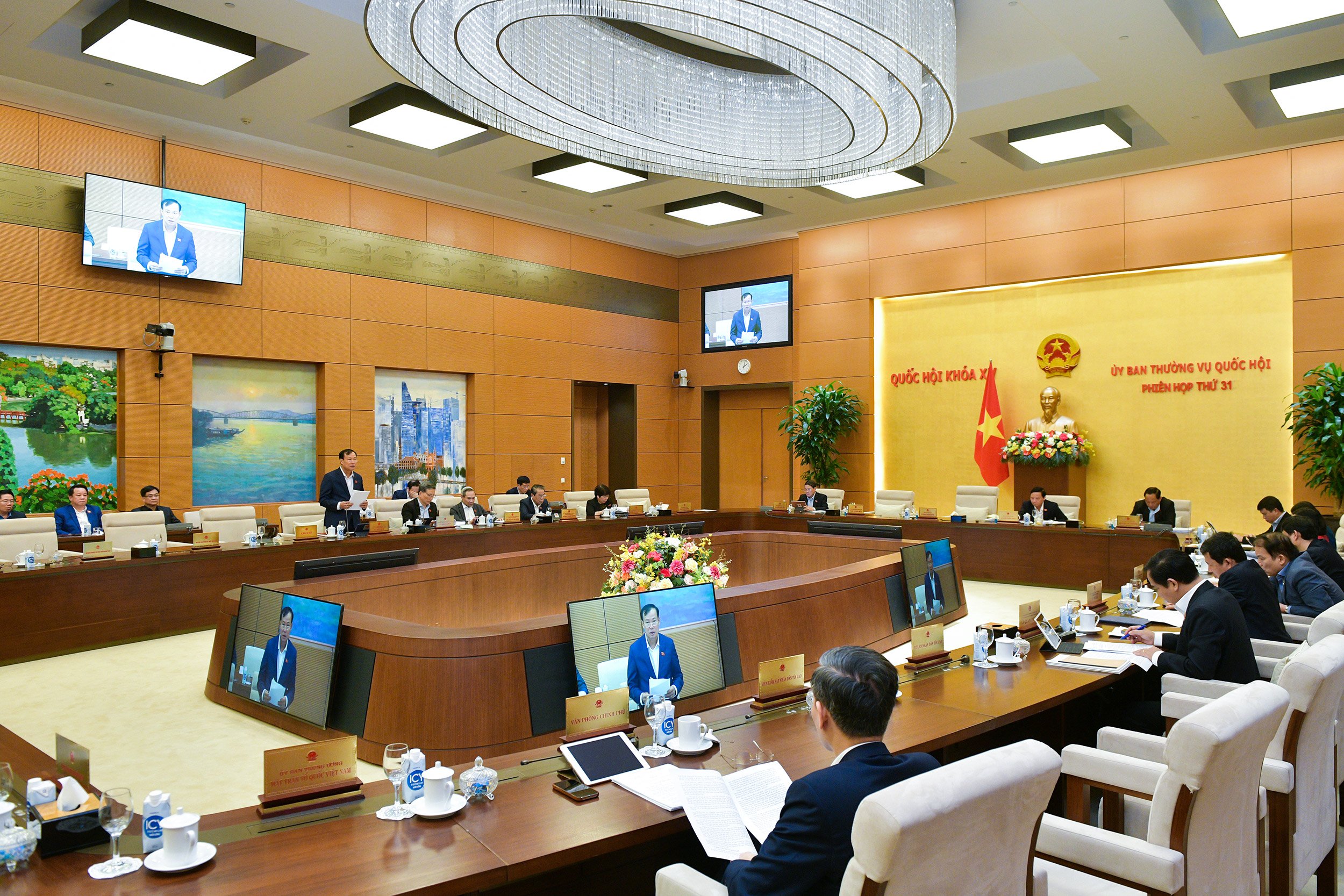
Session view.
Regarding investment in construction and development of highways (Article 50 of the draft Law), there are opinions suggesting considering the regulation that "compensation, support and resettlement work is carried out according to the planning scale" in Clause 4.
Based on the report of the Drafting Committee assessing the advantages and disadvantages of the one-time site clearance plan according to the planning scale and the multiple site clearance plan according to the investment progress, the Standing Committee of the National Defense and Security Committee found that, basically, site clearance according to the planning scale does not significantly increase the total project investment, but brings many benefits in terms of economy, society and project implementation organization.
Regarding the limitations in management and use of undeveloped land in the phased phase, some solutions can be applied such as planting trees to create landscapes and make use of this land. Therefore, the Standing Committee of the National Defense and Security Committee agrees with the provisions of the draft Law submitted by the Government.
There is a suggestion to consider the regulation in Clause 8, Article 50, because it is not suitable and consistent with the provisions of the Law on Investment under the public-private partnership (PPP) method. The Standing Committee of the National Defense and Security Committee finds that the opinion of the National Assembly deputies is reasonable.
However, if the value of existing road infrastructure assets is included in the state capital ratio in the project, the state capital ratio is often higher than the permitted level prescribed in the PPP Law, making it difficult to implement.
To overcome the above problems, the Standing Committee of the National Defense and Security Committee agreed with the content of the draft Law submitted by the Government, but proposed to transfer the content of Clause 8, Article 50 to Article 90 of the draft Law to receive and revise to supplement the provisions amending and supplementing Article 70 of the Law on Investment under the public-private partnership method to meet practical requirements and ensure the consistency of the law.
Regarding highway usage fees (Article 54 of the draft Law submitted by the Government), there are opinions suggesting assessing the necessity of regulating highway usage fees on highways invested, owned, managed and operated by the State.
The Standing Committee of the National Defense and Security Committee found that, in order to implement the National Assembly's policy in the Resolutions approving investment in expressways, the Ministry of Transport has conducted research on toll collection plans on expressways invested by the State, and assessed the impact in the case of toll collection and non-toll collection on expressways invested by the State.
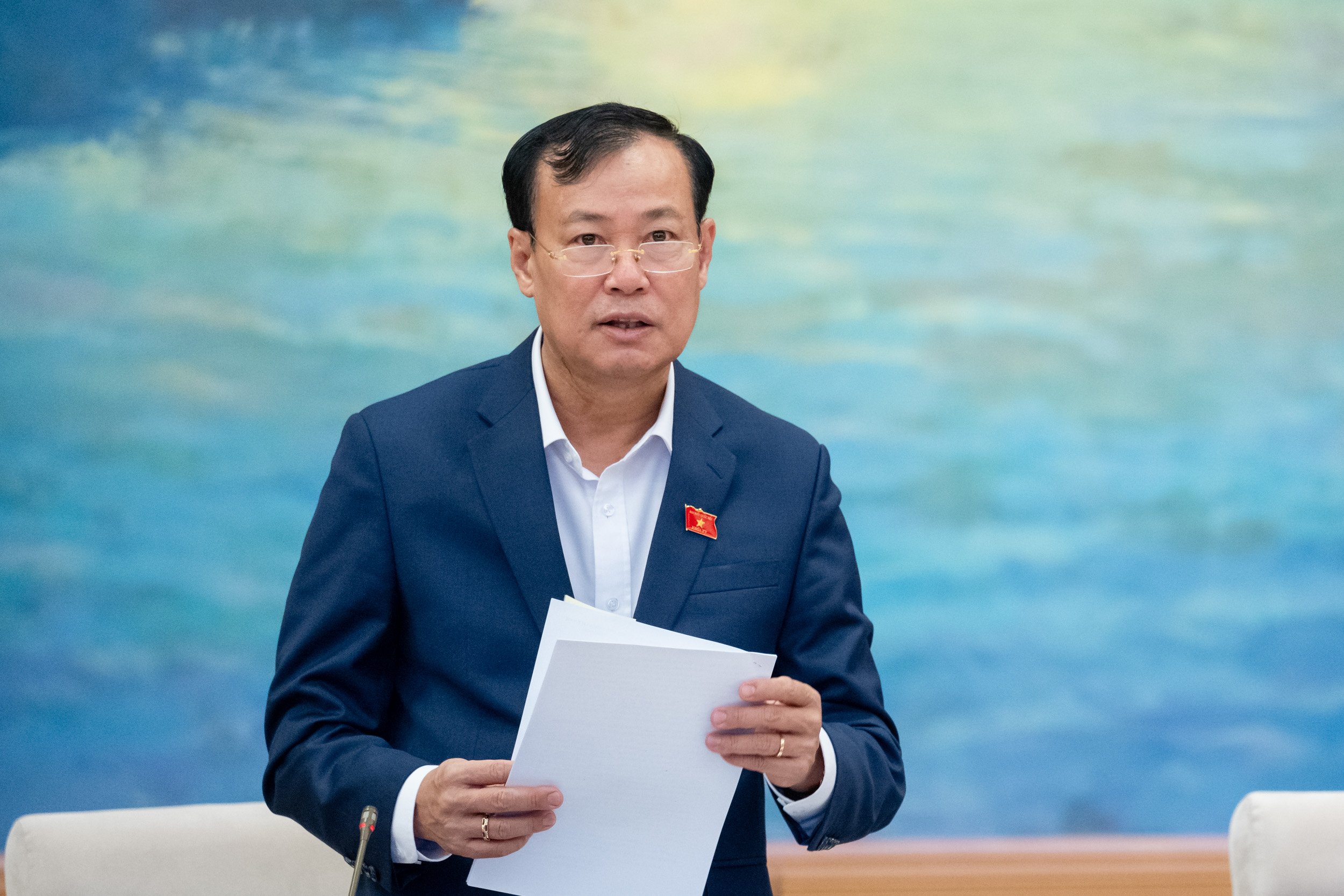
Standing Member of the National Defense and Security Committee Le Tan Toi.
The results show that the expressways invested by the State all have parallel national highways, allowing road users to choose to use the expressway or national highway; road users on expressways enjoy more benefits; the current form of road toll collection has not yet classified regular road users and expressway users (who enjoy better service quality).
Therefore, the Standing Committee of the National Defense and Security Committee agrees with this content in the draft Law submitted by the Government and proposes to amend and supplement the provisions of the Law on Fees and Charges as prescribed in Article 90 of the draft Law.
There is a proposal to add regulations on the division of revenue from road use fees in cases where the central budget and local budgets jointly invest. The Standing Committee of the National Defense and Security Committee said that the National Assembly has recently issued a number of resolutions on the investment policy for road and highway construction by combining the central budget and local budget.
However, the current State Budget Law and the Law on Fees and Charges do not have regulations on the division of revenue from road use fees in this case.
Therefore, in order to have a basis for dividing revenue from fees in accordance with construction investment projects using this method, the Standing Committee of the National Defense and Security Committee proposes to add Clause 3, Article 54 assigning the Government to regulate fees for using expressways and Clause 2, Article 90 stipulating amendments and supplements to Article 18 of the Law on Fees and Charges as the draft Law receives and adjusts .
Source


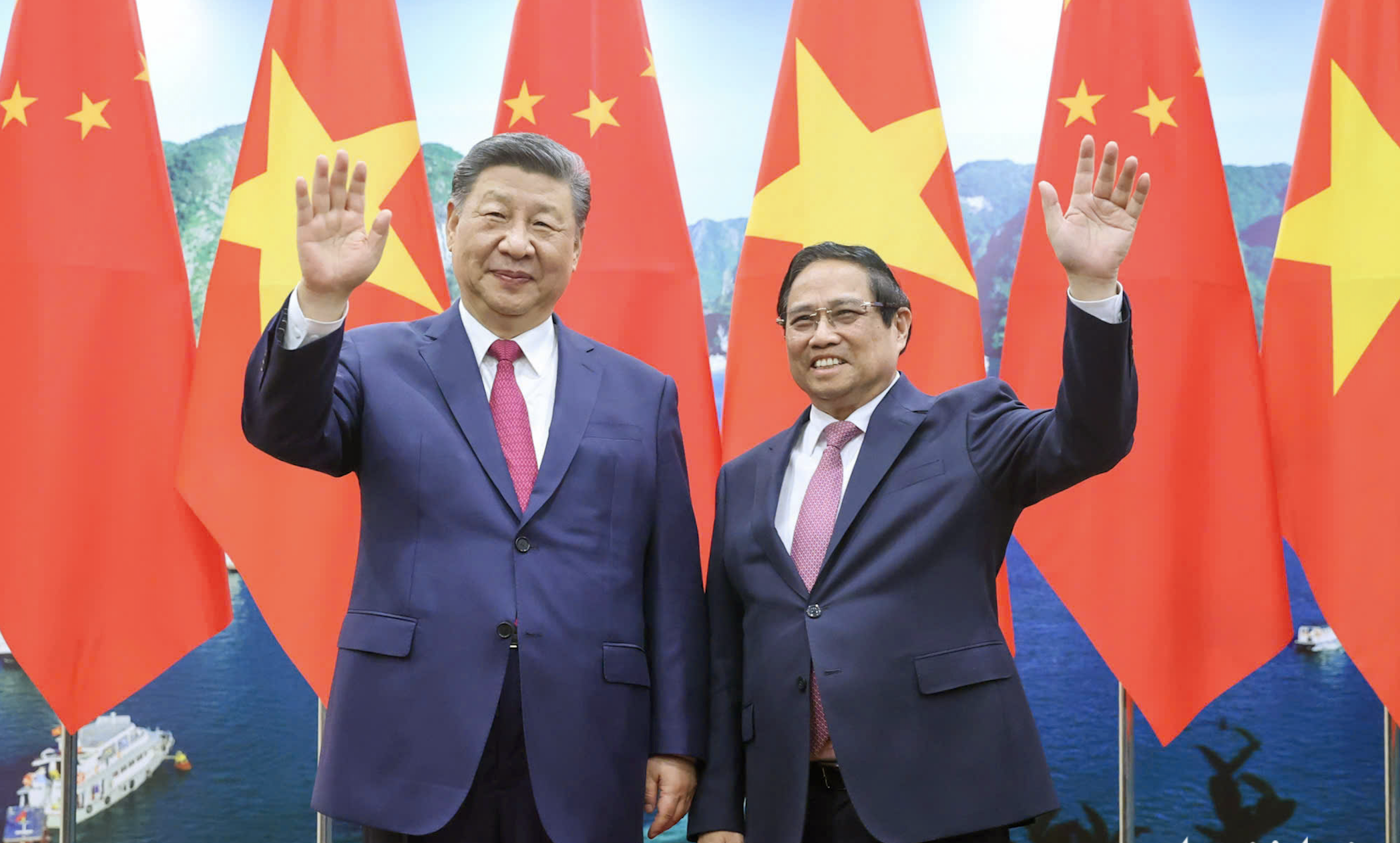
![[Photo] Tan Son Nhat Terminal T3 - key project completed ahead of schedule](https://vstatic.vietnam.vn/vietnam/resource/IMAGE/2025/4/15/85f0ae82199548e5a30d478733f4d783)
![[Photo] Reception to welcome General Secretary and President of China Xi Jinping](https://vstatic.vietnam.vn/vietnam/resource/IMAGE/2025/4/15/ef636fe84ae24df48dcc734ac3692867)
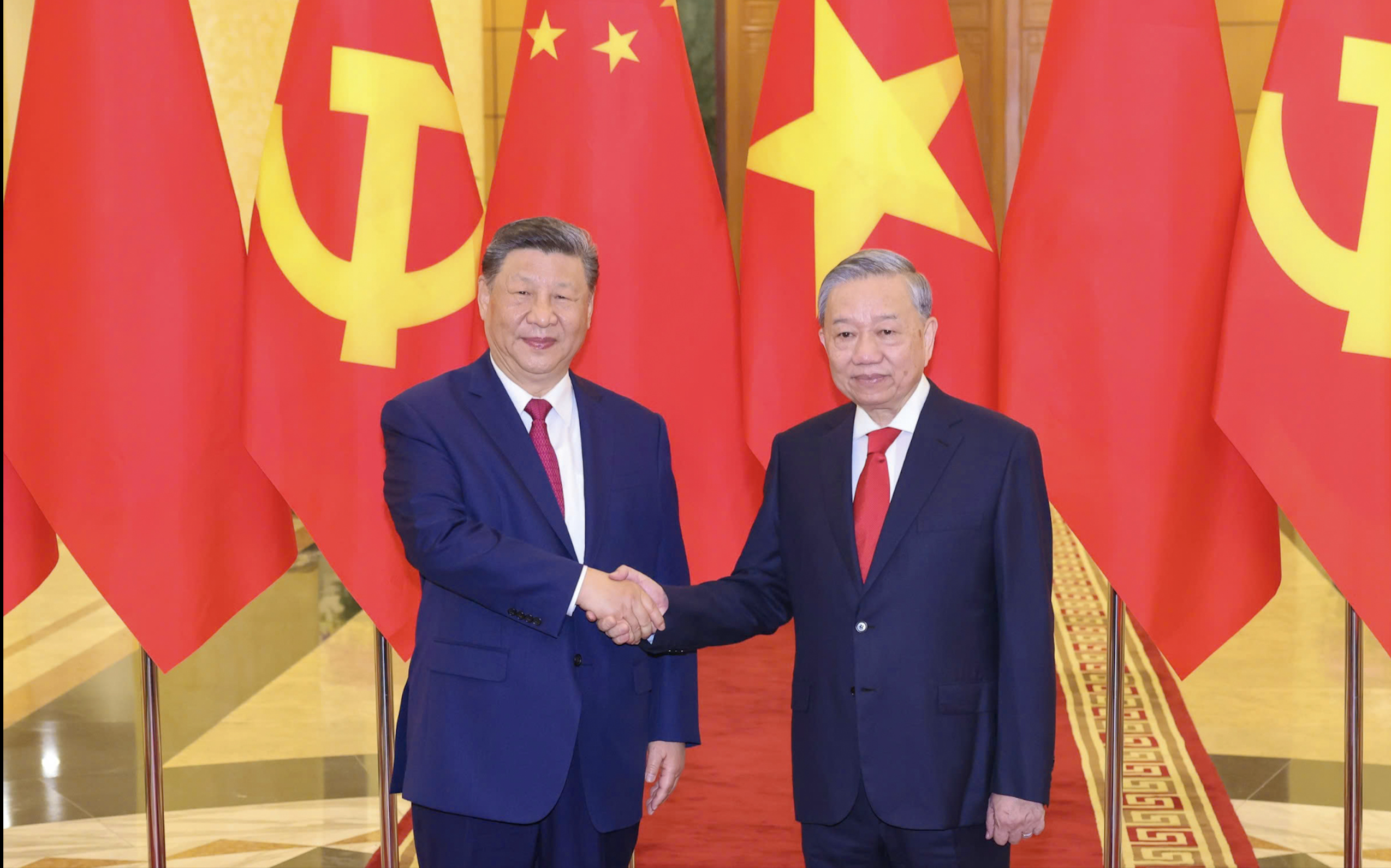
![[Photo] National Assembly Chairman Tran Thanh Man meets with General Secretary and President of China Xi Jinping](https://vstatic.vietnam.vn/vietnam/resource/IMAGE/2025/4/14/4e8fab54da744230b54598eff0070485)
![[Photo] Prime Minister Pham Minh Chinh meets with General Secretary and President of China Xi Jinping](https://vstatic.vietnam.vn/vietnam/resource/IMAGE/2025/4/14/893f1141468a49e29fb42607a670b174)


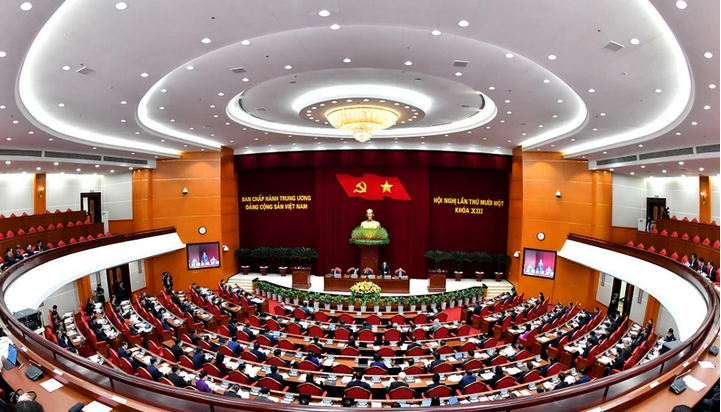
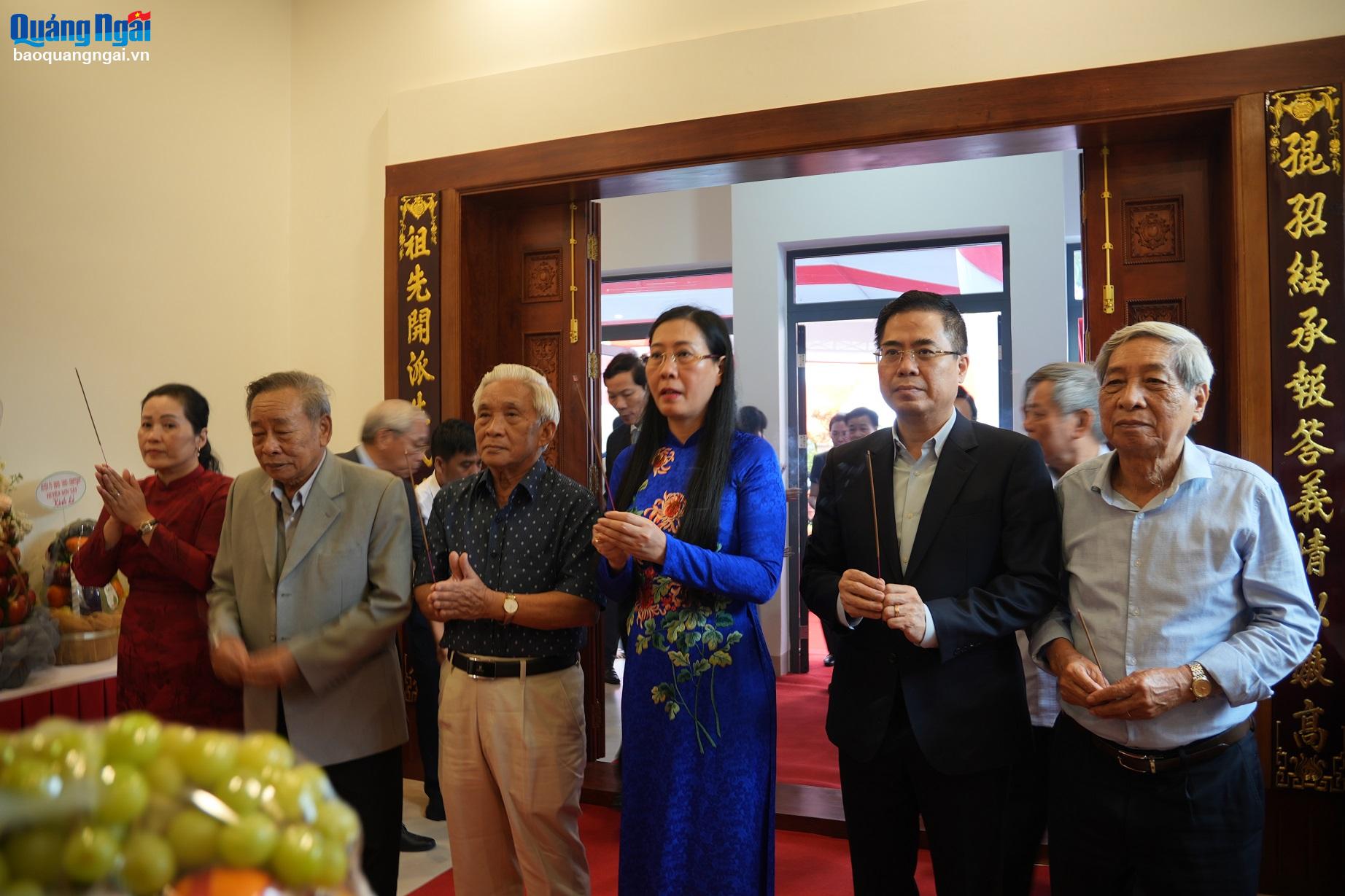

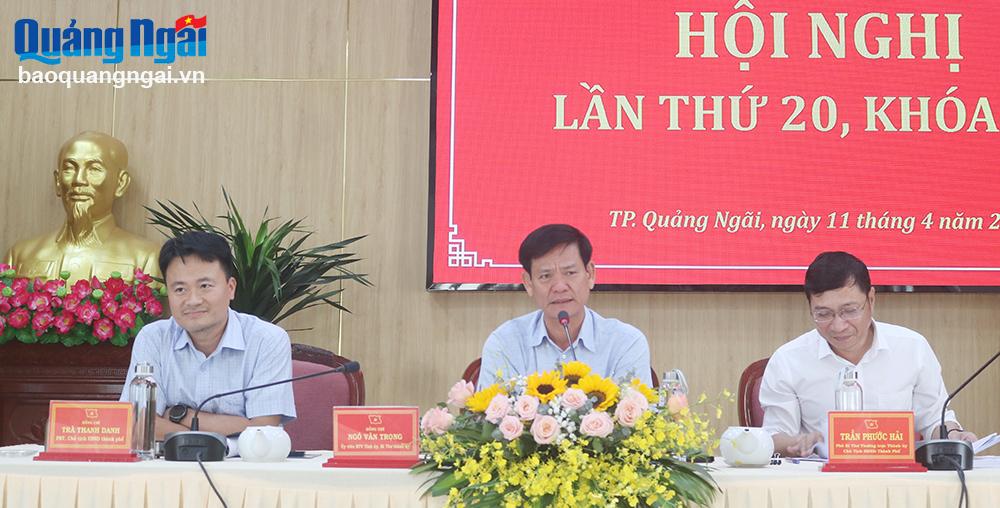
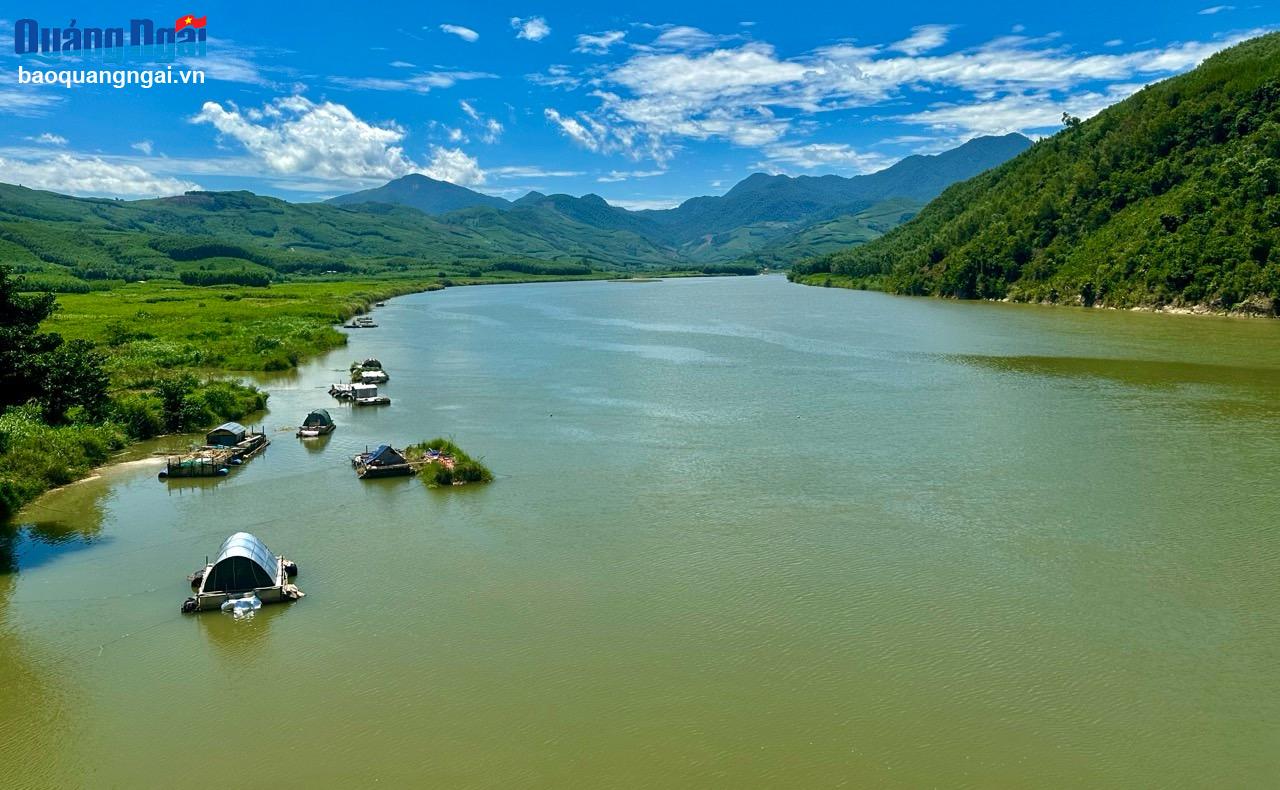
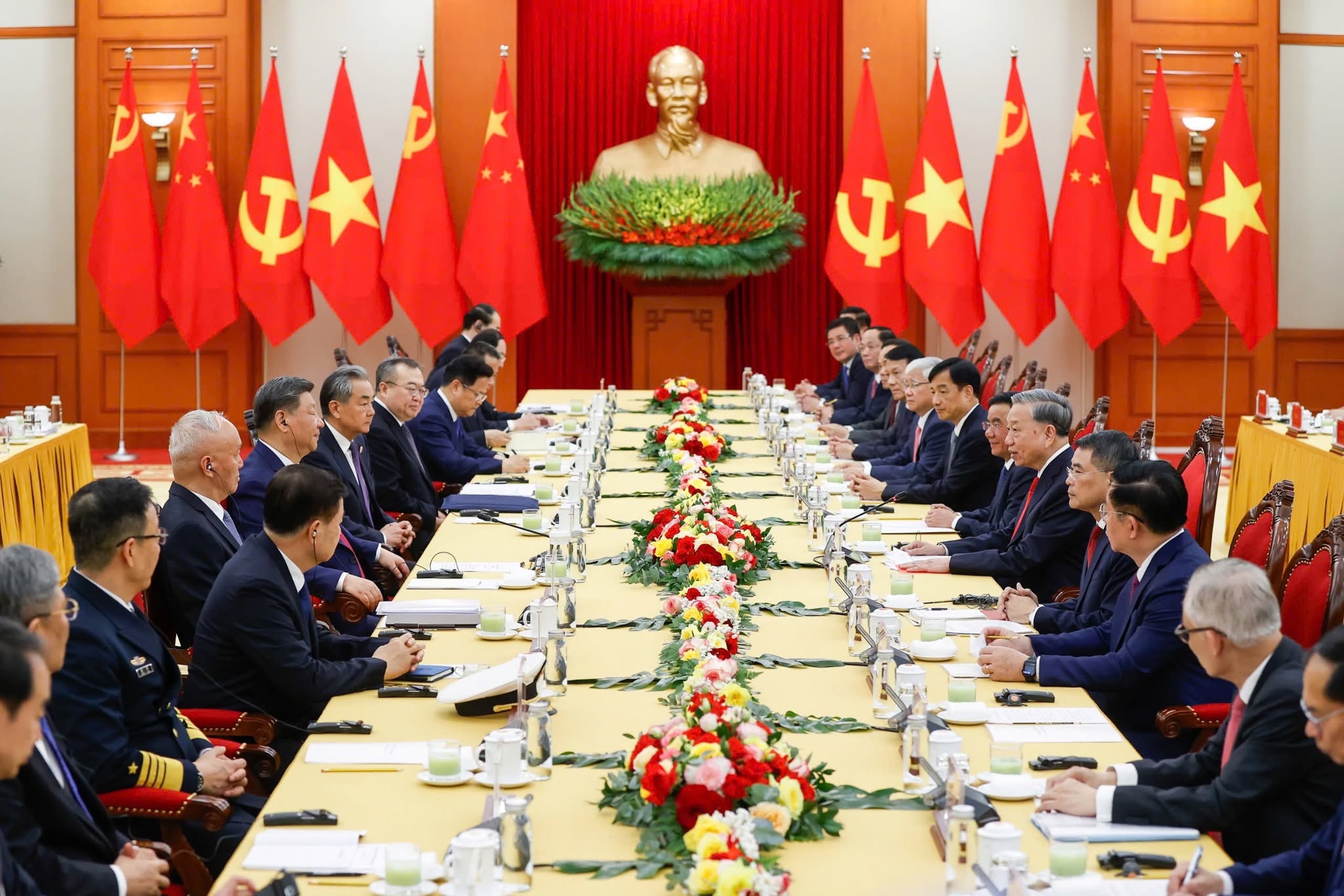

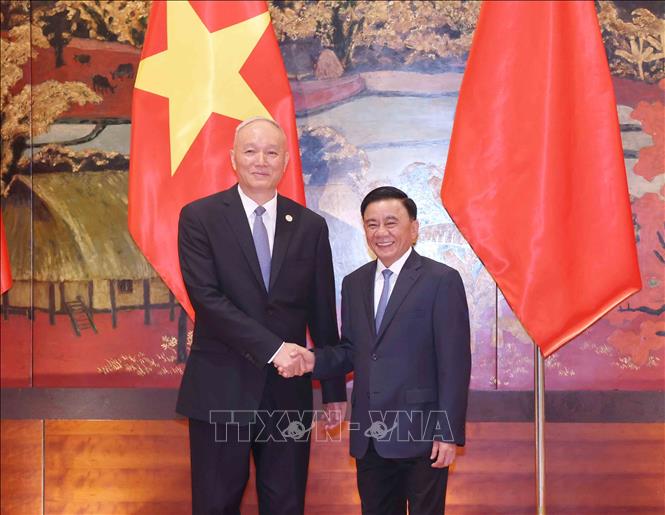
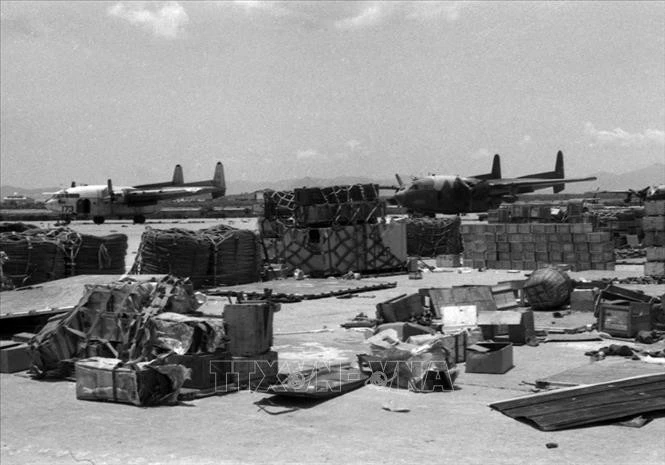
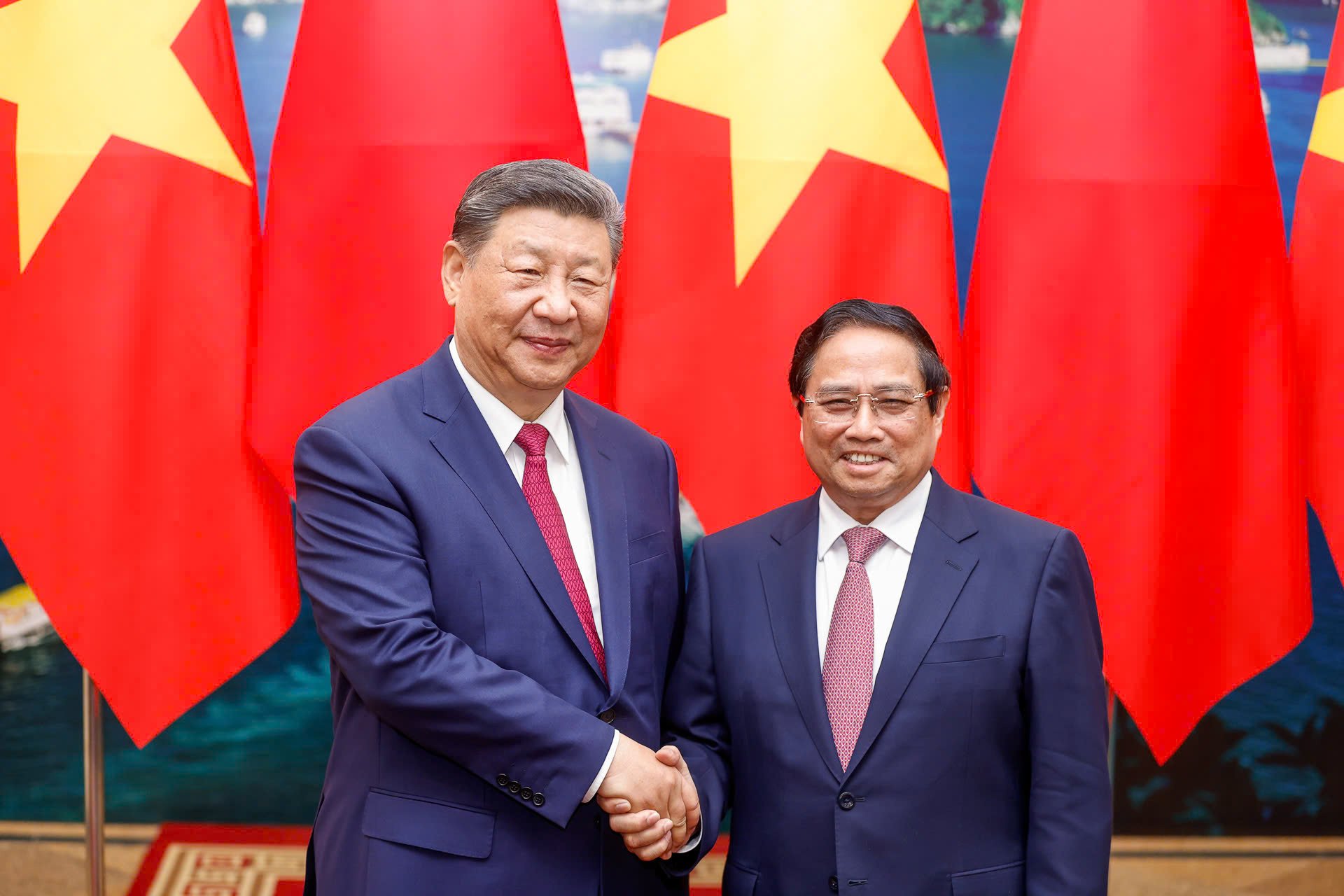
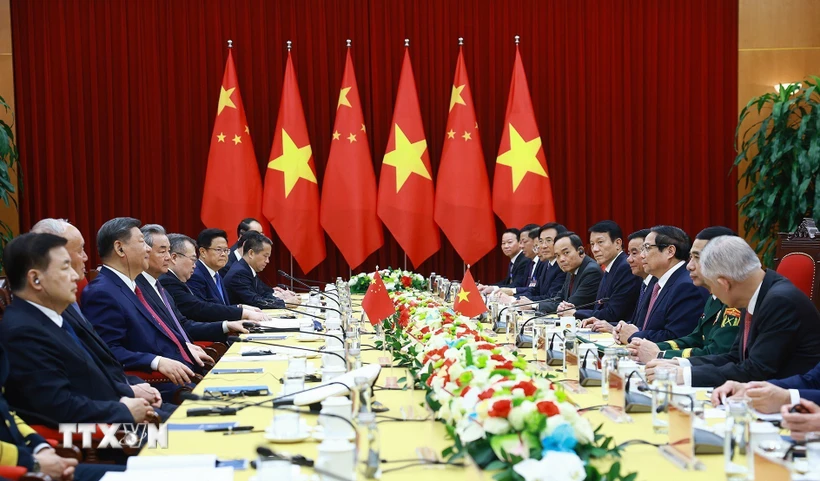










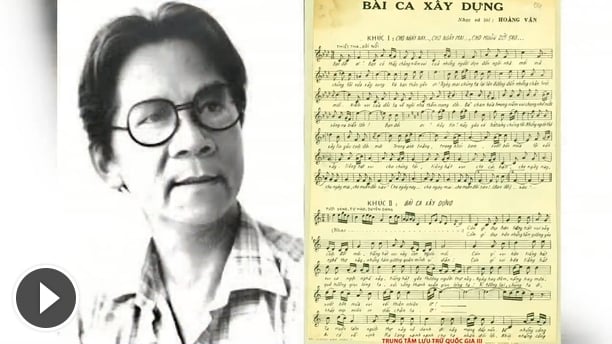

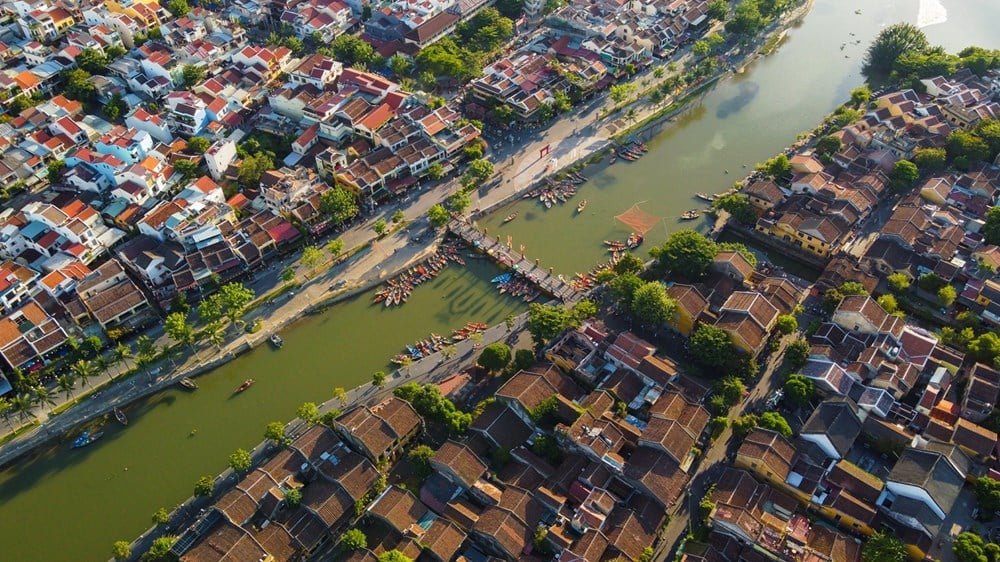

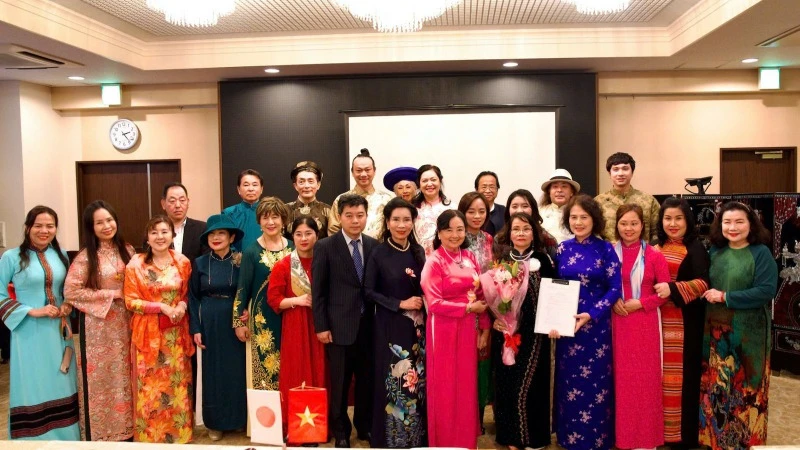















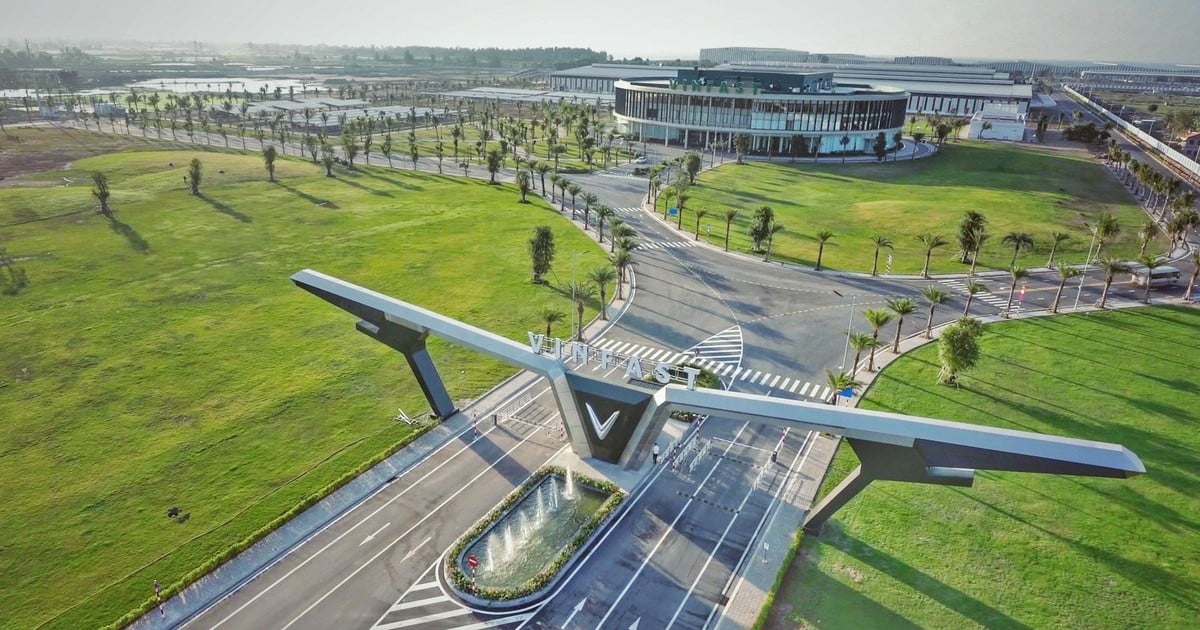

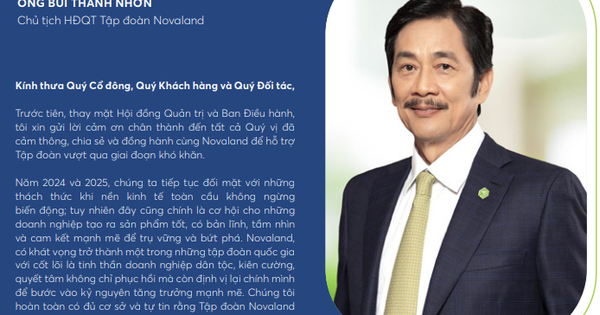











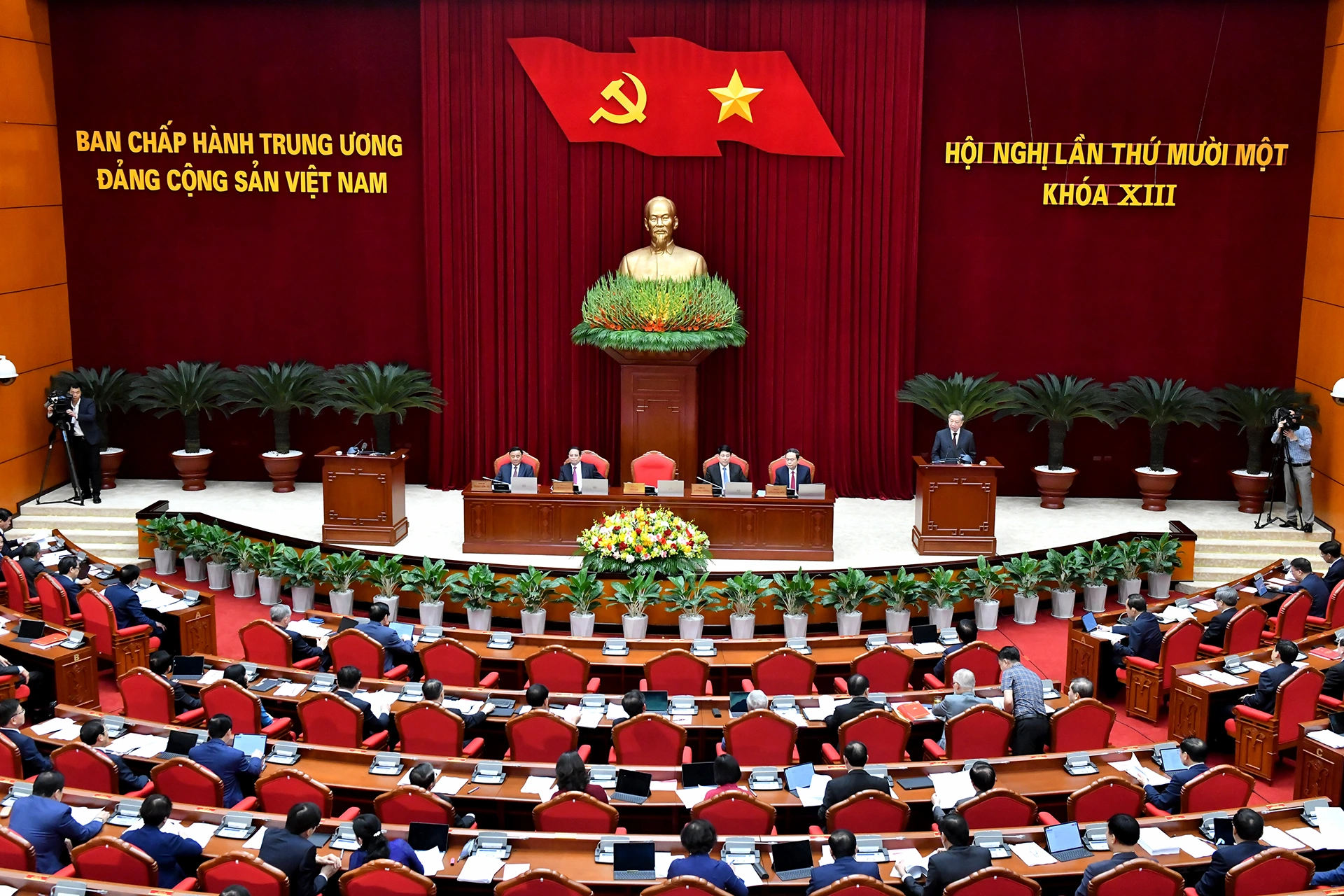

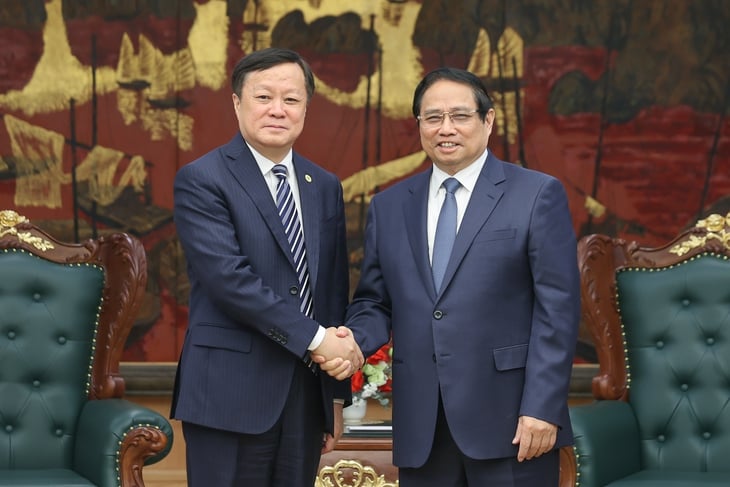
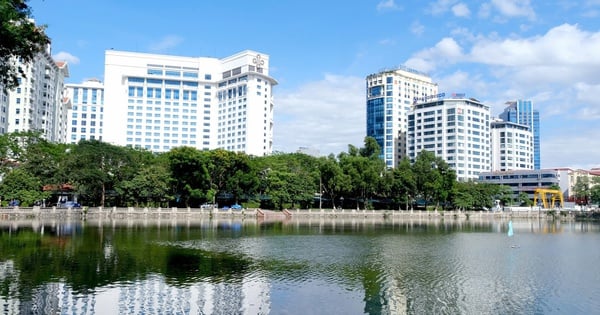

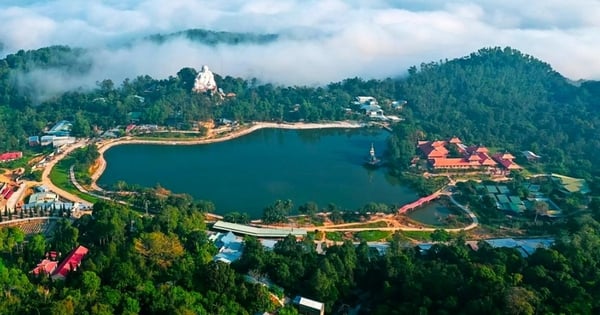

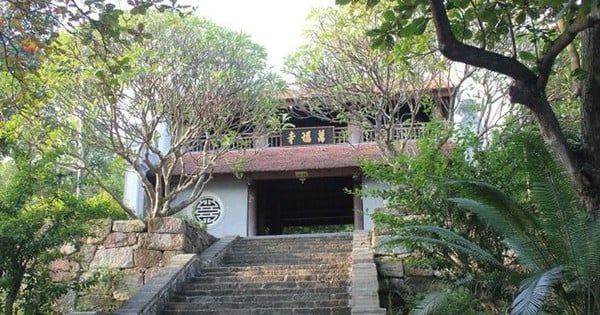
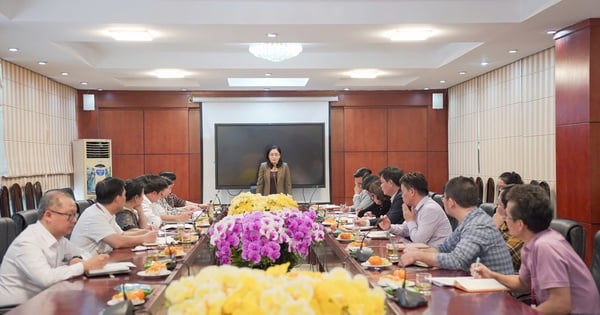
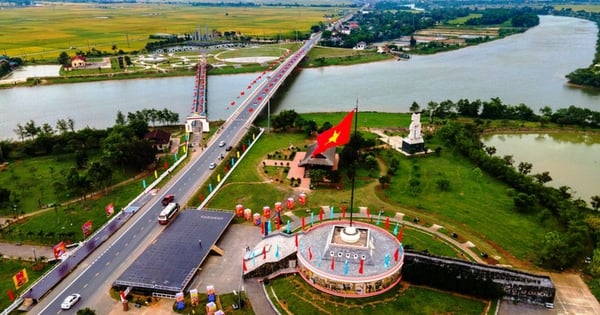

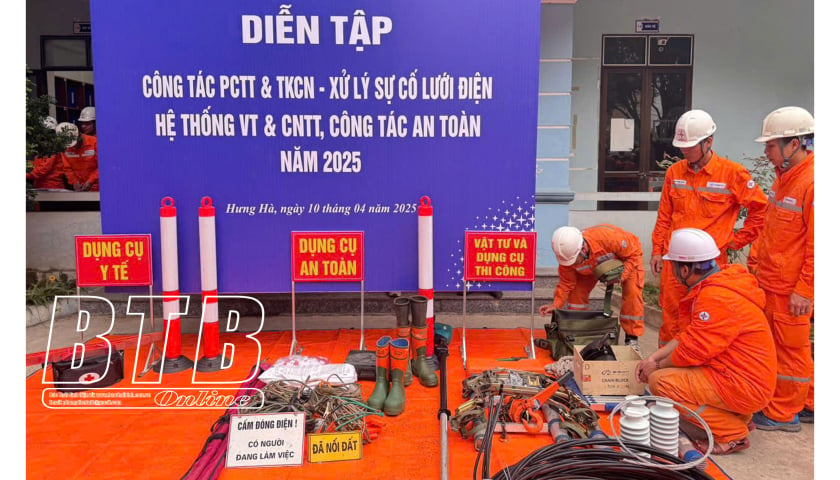

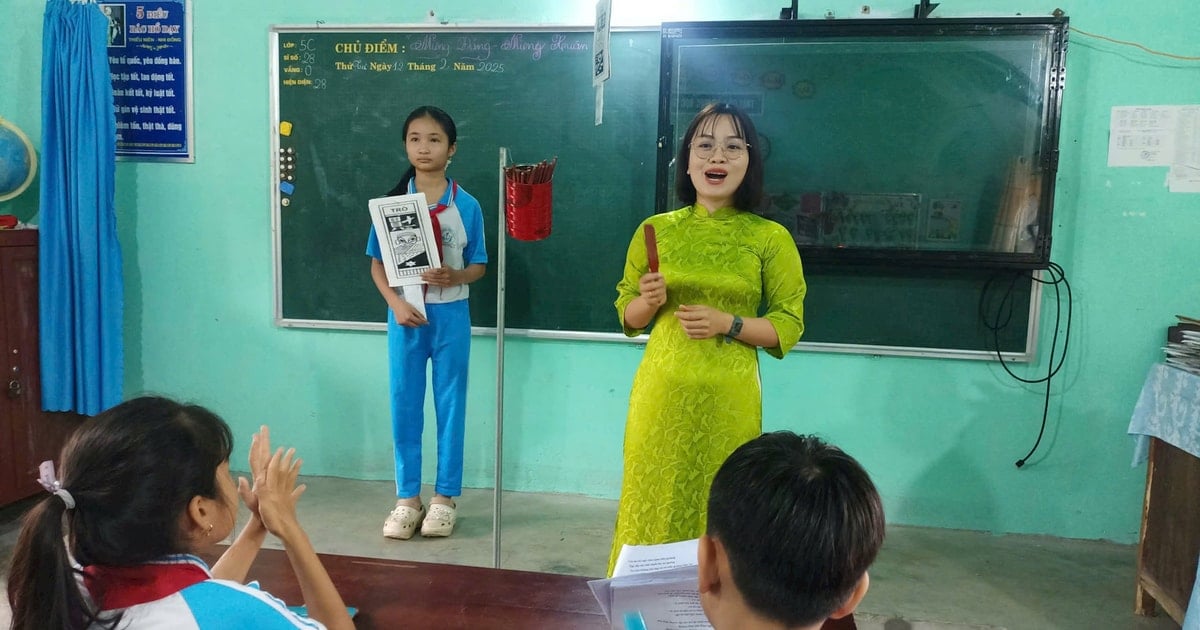




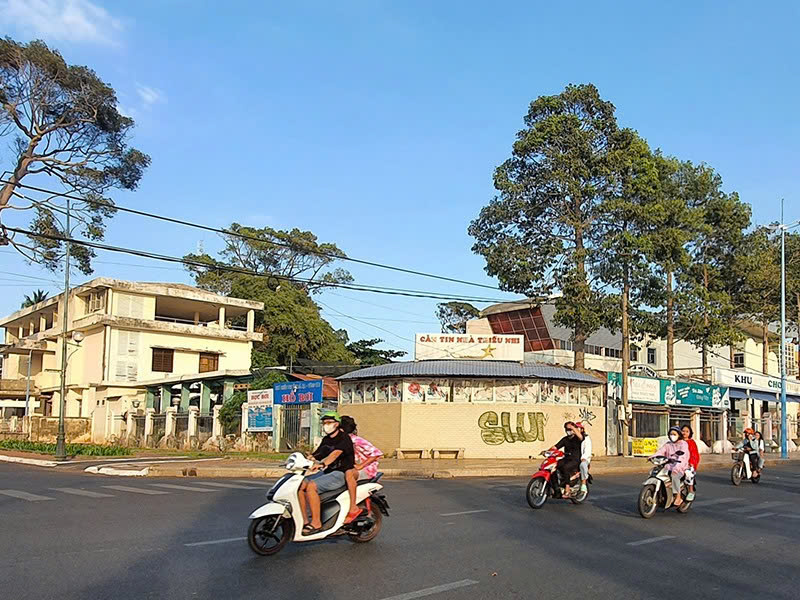











Comment (0)